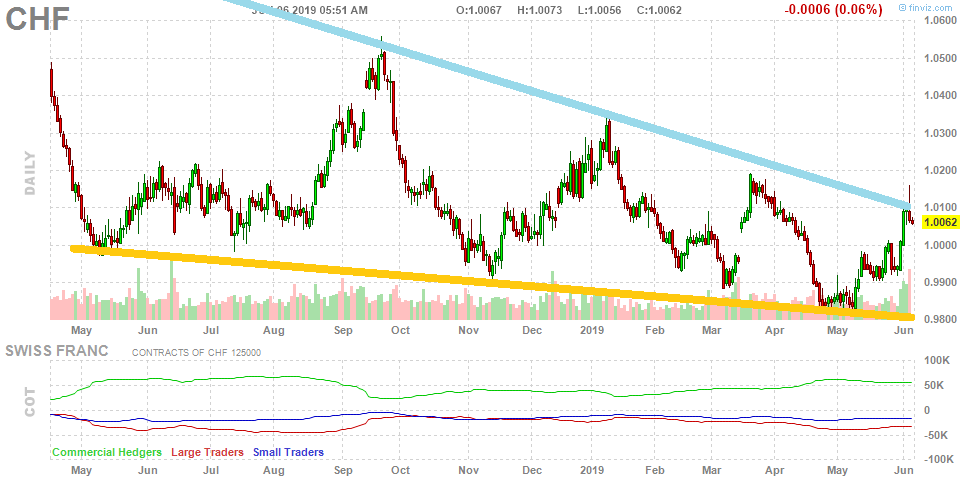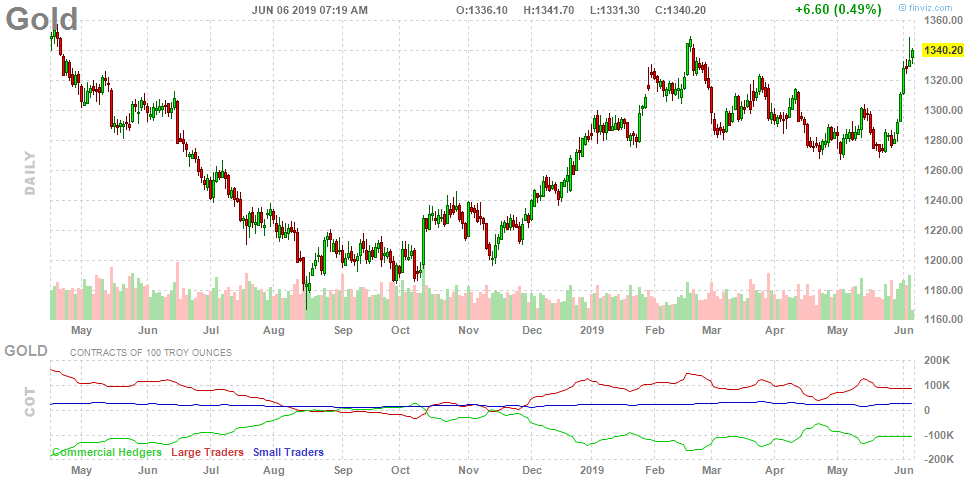SNB Interest Rate Decision – Thursday, June 13 at 07:30 AM GMT
Despite the global strain on banking and services, Switzerland was last week promoted to 4th place in the IMB’s ranking of the world’s most competitive economies.
The first country in the world to administer a negative interest rate (which at -0.75% is also the lowest), its annualized economy expanded 1.7% in Q1, a surprise since negative interest rates greatly impact the nation’s economic bulwark – the banking industry.
And when banks are under pressure, the economy is under pressure – they account for over 11% of the nation’s GDP!
Besides negative interest rates, Swiss banks were last year forced by the Joint Economic Comission to pass strict regulation preventing terror funding and money laundering.
Furthermore, in order to enable cooperation agreements with the EU, they have agreed to enact a withholding tax on EU citizen accounts.
And all of this long alongside reduced income from interest rates that are associated – at the end of the day – in one for or another with the Central Bank’s Prime.

In times of stress, traders flock for safety; the safe-haven franc should be soaring; instead it’s dithering.
Indeed, the Swiss Franc has been trending gently downward for the past 16 months – this despite a growing thirst for safe-haven assets since the US launched a trade war with nearly everybody (Gold during the above-described period added over $120 per troy ounce – nearly 10%; the Yen index is up 450 points since December, despite a clearly stressed economy).

A Tale of Two Currencies
In 2013, the Swiss National Bank unpegged the Franc from the Euro in order to keep the value of the currency low and export prices competitive.
Backfiring, the Franc shot up, returning to “normal” only a year later. Since, the Bank introduced negative interest rates to boost consumer spending, prevent prices from falling into negative territory and making debt cheaper.
Since, the OECD has continuously warned Switzerland and Japan against the dangers of continuing such policy for an extended period.
Pension funds are starved of funds as the Swiss pour their savings into real estate. The workforce is becoming more and more expensive, less and less competitive. And the 2014 referendum to limit immigrant workers could be the death knoll for an aging population.

As in Japan – where the same ills seem to be the result of the same measures – chances that the nation’s central bank will shift its policy any time soon are miniscule. And yet, the following report and press conference could have implications for the future.